How Will Article 23 Impact Hong Kong’s Political Landscape?
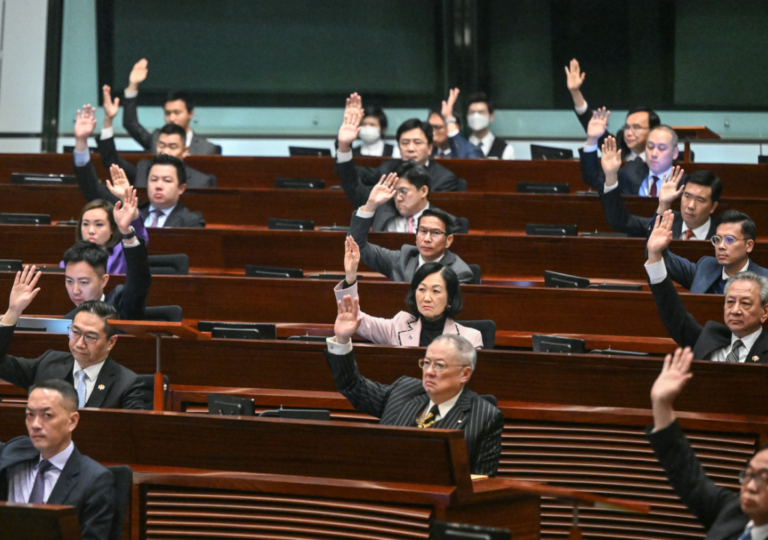
Hong Kong's swift ratification of the National Security Law sparks global concern, signaling a shift towards authoritarian control and jeopardizing residents rights.

Hong Kong's swift ratification of the National Security Law sparks global concern, signaling a shift towards authoritarian control and jeopardizing residents rights.
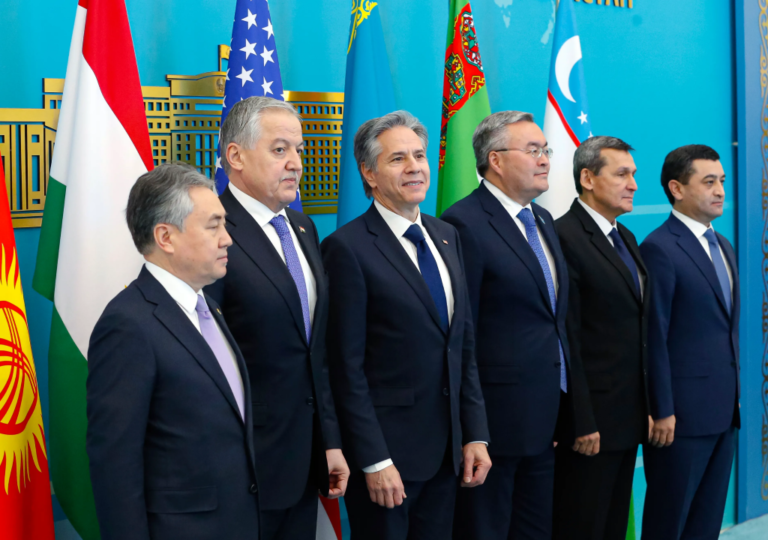
Central Asia's shift from Russian influence unfolds as global players like the US engage in economic partnerships and regional integration efforts.
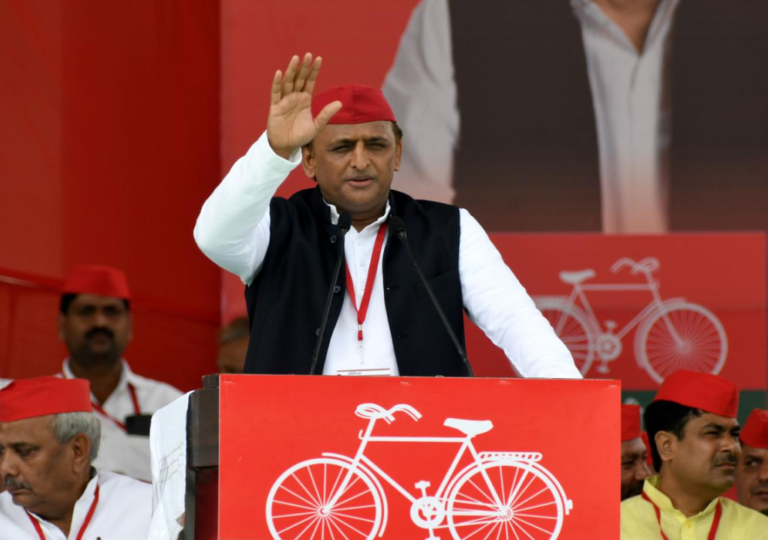
Narendra Modi's BJP alters Indian politics, drawing support from diverse castes, while SP-INC alliance challenges in key Uttar Pradesh.
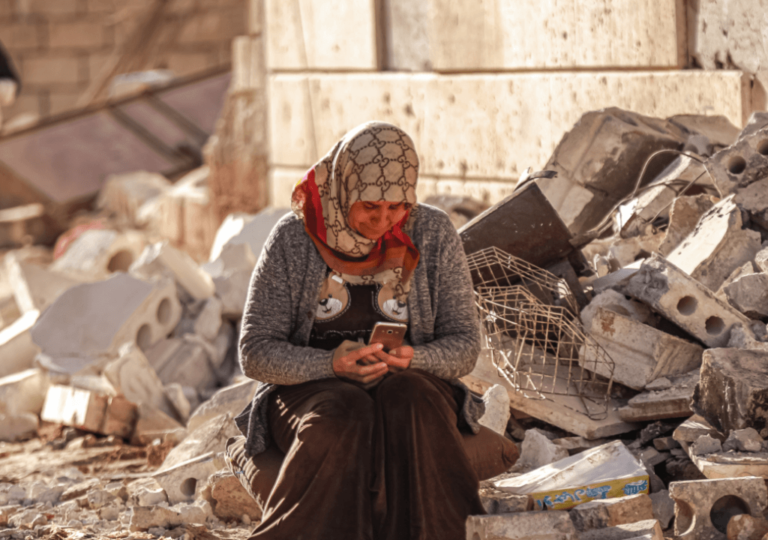
Syria's enduring conflict, now in its thirteenth year, devastates the nation, causing massive displacement and resisting resolution.
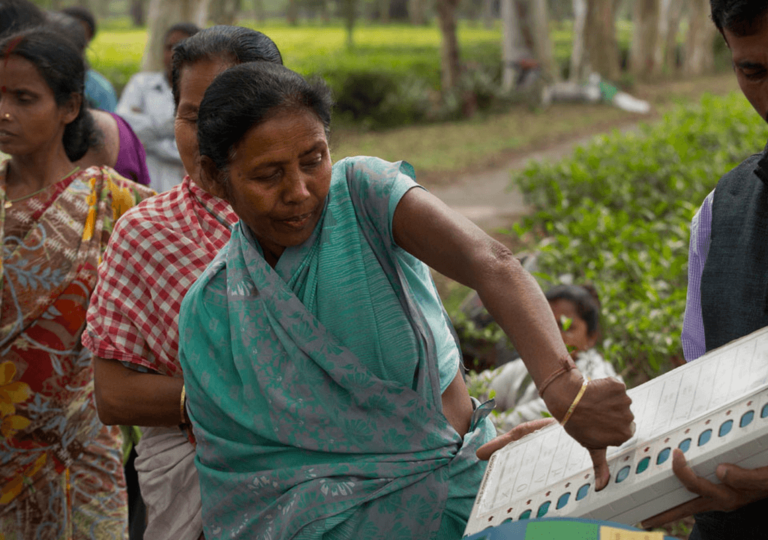
Indian Supreme Court mandates transparency in electoral bonds, scrutinizing political funding and pressing for disclosure from State Bank of India.
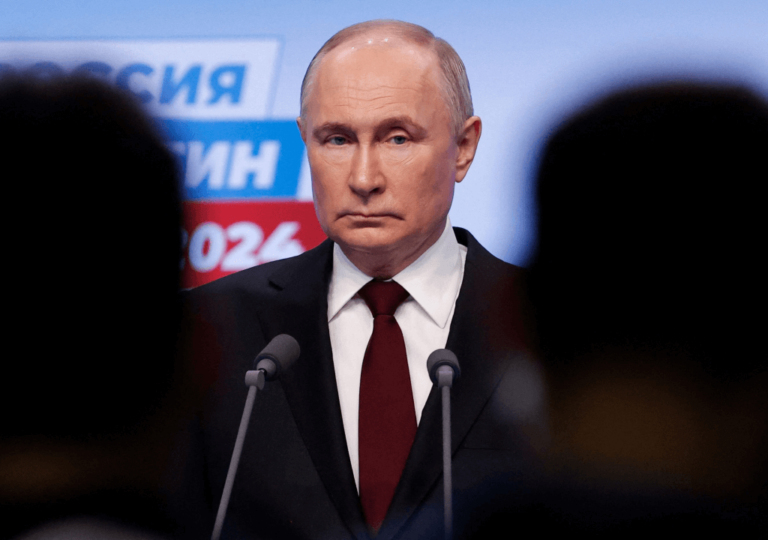
"The Dictator" scene mirrors Russian election: Putin's orchestrated triumph amid protests, disqualifications, and fears of extended authoritarian rule.
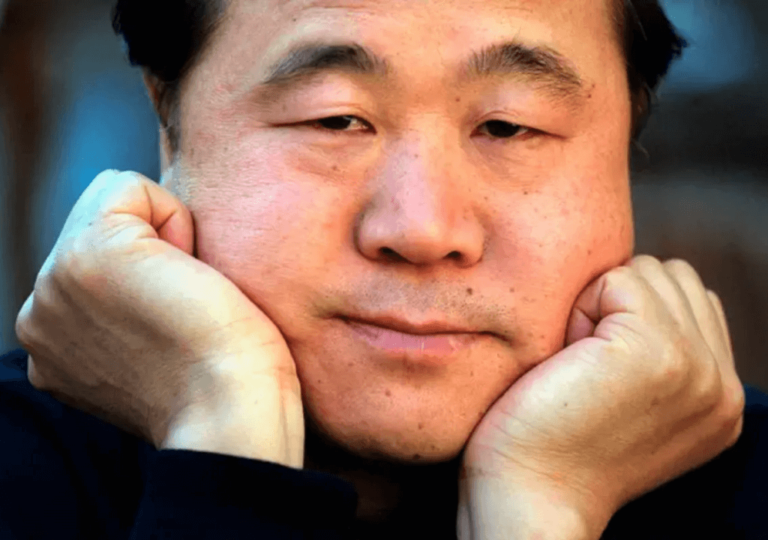
In China, Nobel Prize reception sparks skepticism. Mo Yan faces nationalist backlash; critics accuse him of betraying China's interests.
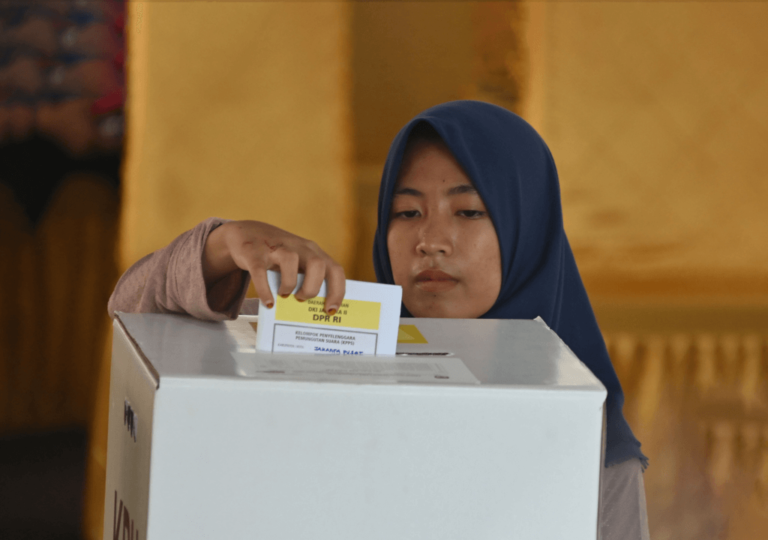
Thailand's Move Forward Party faces dissolution over alleged unconstitutional actions, sparking concerns for democracy amid resistance to lese majeste laws.
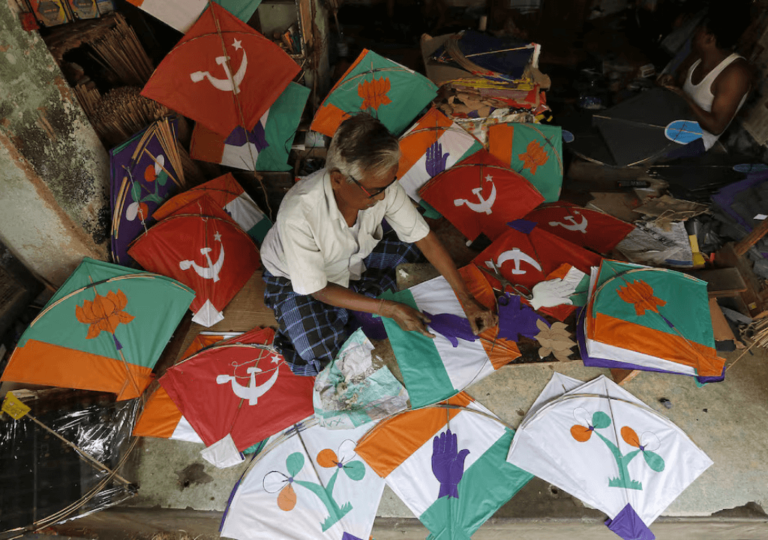
India's vibrant electoral carnival, with 970 million voters, promises a spectacle. BJP leads, but opposition hopes for unpredictability in June 4th results.
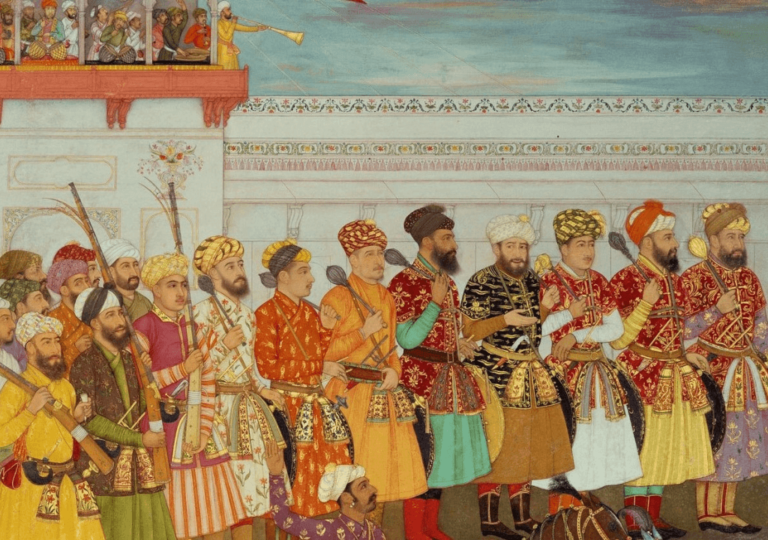
The BJP-led Indian government vigorously rejects colonial legacies, seeking to revive Hindu identity by erasing Mughal influences and reclaiming pre-Islamic history.